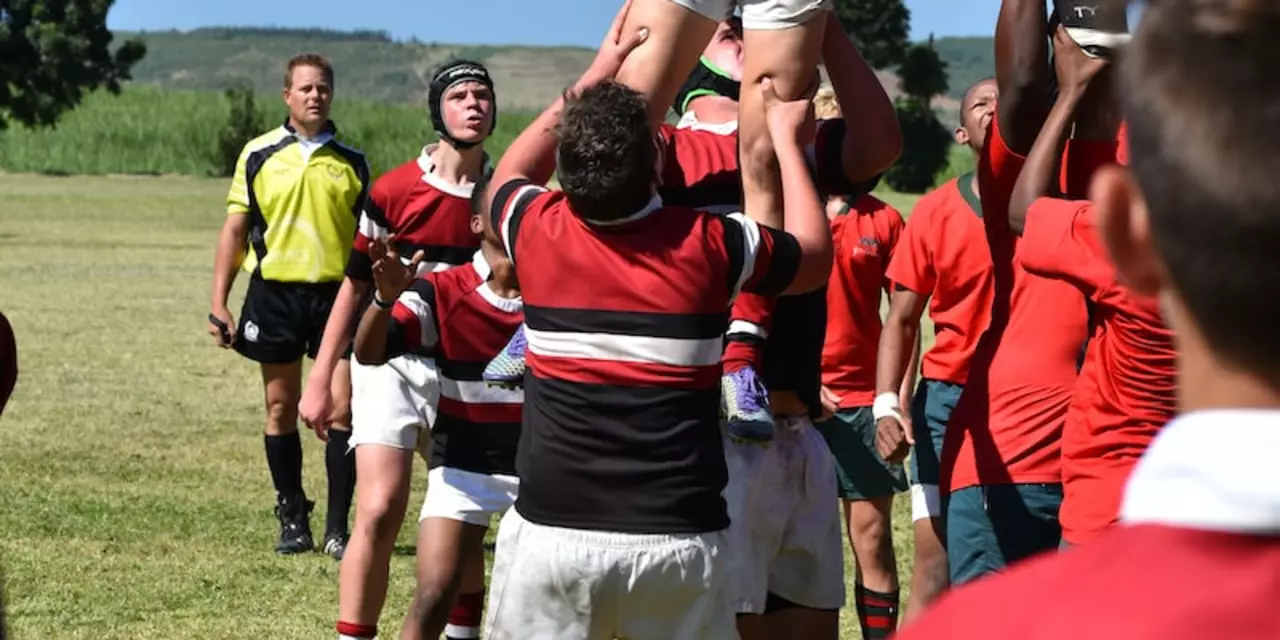The USA Rugby Team has not performed well in international competitions, leading to questions about why this is the case. It is argued that the team lacks the necessary resources, such as quality coaching, dedicated training facilities, and financial support, to compete at a world-class level. Additionally, the team's lack of international experience is seen as a factor in their poor performances. Finally, the team has been unable to attract the best players due to the lack of attractive salaries, making it difficult for them to compete against teams of the same level. As a result, the USA Rugby Team has not achieved the success expected of them.
Performance Tips for Rugby Players and Fans
Want to get better on the pitch without spending hours reading boring manuals? You’re in the right place. At Linlithgow Rugby Club we love breaking down the things that actually help you perform – from quick skill drills to mindset tricks you can use before a match.
Simple drills that raise your game
First up, work on the basics. A solid pass, a clean tackle, and a fast foot‑work pattern are the foundation of any good performance. Try this three‑minute daily routine: line up five cones in a zig‑zag, sprint to each cone, pause, and practice a perfect pass to a teammate waiting at the next cone. It builds speed, accuracy, and the habit of moving under pressure.
Next, tackle your knock‑on habit. Most newbies lose the ball when they try to force a pass forward. Instead, keep the ball low and protect it with your body. A quick drill – two players stand 5 meters apart, one passes the ball, the other rushes in to strip it. Switch roles after ten passes. You’ll feel the difference in ball security.
Game‑day habits that boost performance
Day of the match? Skip the caffeine overload and focus on a light snack, a few minutes of breathing work, and a quick visualisation of key plays – like the 40‑20 kick in rugby league. Picture yourself in your own 40‑meter zone, spotting the space, and landing the ball inside the opponent’s 20. That mental rehearsal can turn a tricky kick into a game‑changing move.
Hydration matters more than you think. Drink a glass of water every hour on the day of the game and add an electrolyte drink during warm‑up. Dehydrated muscles are slower, and slower muscles cost you yards.
Finally, remember the power of a simple team chant. It builds unity and raises adrenaline, which can be the extra push you need to keep the intensity up for the full 80 minutes.
Whether you’re a seasoned player, a new recruit, or just a fan wanting to understand why your team performed the way they did, these tips cover the core of rugby performance. Keep them in mind, practice a little each week, and you’ll see the difference on the field and in the stands.
